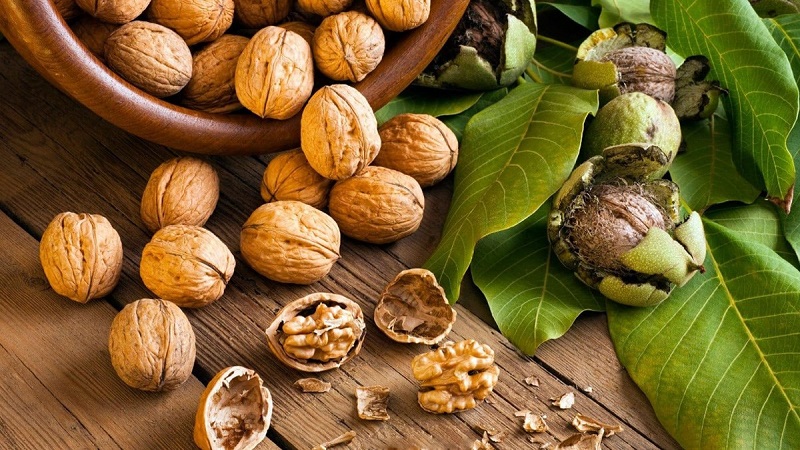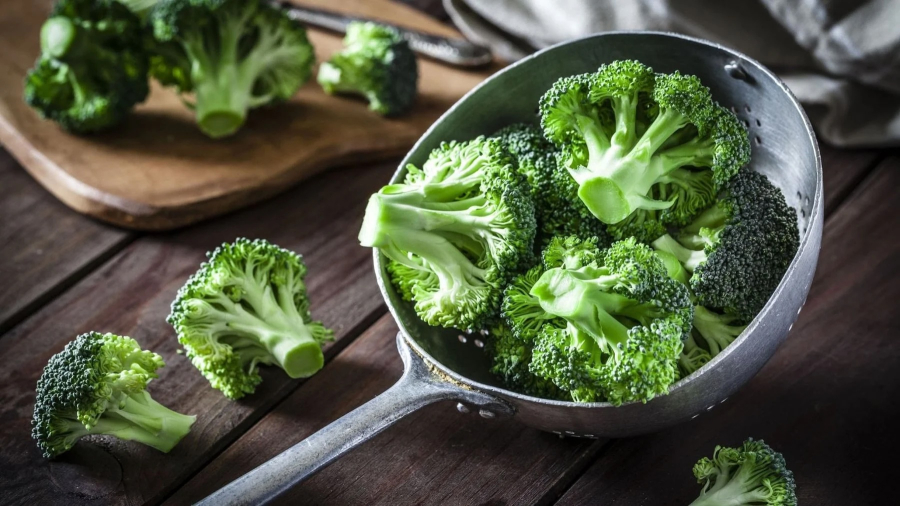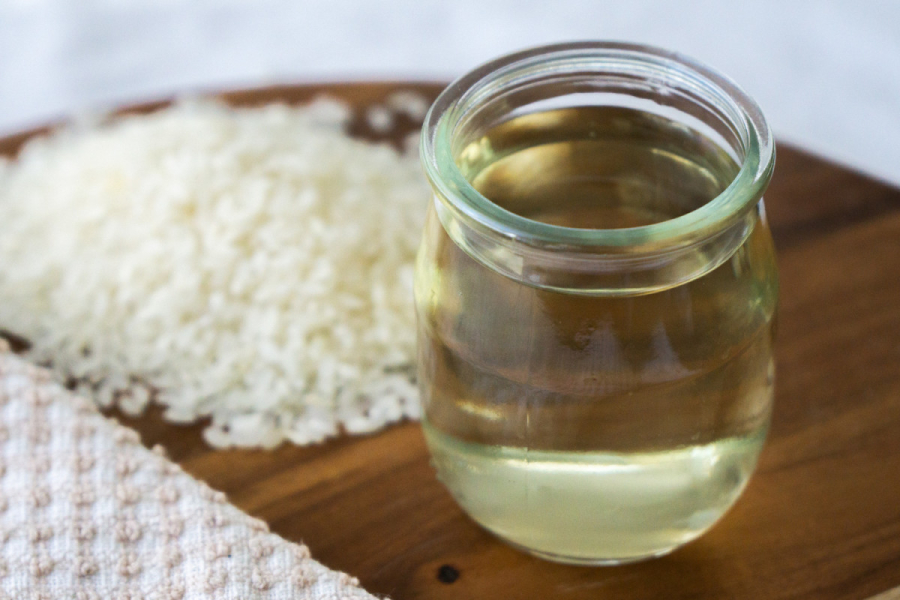15 Superfoods for People with Type 1 and Type 2 Diabetes
Elevated blood sugar levels can lead to diabetes complications such as cardiovascular disease, kidney damage, and nerve damage. To mitigate blood sugar spikes, diabetic individuals need to make wise food choices. Here’s a list of 15 beneficial foods for both type 1 and type 2 diabetes.
Avocados
Avocados are a good source of monounsaturated fats, which are beneficial for heart health and lowering unhealthy LDL cholesterol. Diabetic individuals should prioritize heart-healthy diets since they’re at higher risk of heart-related conditions.
Avocados are rich in fiber and low in sugar, making them unlikely to cause blood sugar spikes and promoting satiety, which aids in weight management. However, due to avocados’ relatively high-calorie content, diabetics should consume them in moderation.
Strawberries
Strawberries are rich in nutrients such as vitamin C, potassium, and magnesium, all of which contribute to overall health. The antioxidants present in this fruit play a crucial role in preventing or slowing down cell damage, which is a contributing factor to diabetes and other diseases.
Walnuts
Walnuts are a rich source of omega-3 fatty acids and contain high amounts of protein, magnesium, and iron, supporting cardiovascular health. According to a 2018 study by the University of California, USA, and other collaborating institutions, which followed over 34,000 individuals, diets that included regular walnut consumption were associated with a reduced risk of developing diabetes.

Walnuts are a rich source of omega-3 fatty acids and contain high amounts of protein, magnesium, and iron, supporting cardiovascular health.
Chia Seeds
A one-ounce (28g) serving of chia seeds contains 138 calories, about 5g of protein, 12g of carbohydrates, and nearly 10g of fiber. Moreover, chia seeds are rich in vitamins and minerals such as calcium, iron, and magnesium, which are beneficial for diabetic patients.
According to a 2017 study led by the University of Toronto, Canada, and collaborating institutions, involving 77 overweight or obese type 2 diabetes patients, chia seed consumption helped reduce body weight, improve risk factors associated with obesity, and contributed to effective blood sugar control.
Flaxseeds
Flaxseeds are rich in polyunsaturated fats, including omega-3 and omega-6 fatty acids, which are beneficial for heart health. The antioxidants present in flaxseeds play a crucial role in lowering cholesterol and helping maintain stable blood sugar levels.
A study conducted in 2022 by the University of Brasília in Brazil, involving 19 individuals with diabetes, showed that consuming flaxseeds before breakfast helped curb post-meal blood sugar spikes.
Beans
Beans are a great source of protein, minerals, vitamins, and fiber. Half a cup (about 125 grams) of beans provides an amount of protein equivalent to 28 grams of meat. However, unlike meat, beans are free of saturated fat, making them a suitable choice for individuals with diabetes.
A 2020 meta-analysis by the University of Sydney in Australia, which synthesized data from 18 studies involving over 900 individuals, indicated that regular bean consumption may lower the risk of developing type 2 diabetes and is effective in improving blood sugar control.
Leafy Green Vegetables
Leafy green vegetables are packed with vitamins, minerals, and have high fiber content but minimal impact on blood sugar levels. Vegetables such as spinach, kale, and collard greens are rich sources of vitamins A, C, E, and K, along with iron, potassium, and calcium, playing a beneficial role in diabetes management.
Broccoli
Broccoli is a non-starchy vegetable rich in phytochemicals, fiber, and health-promoting vitamins. With its low carbohydrate and calorie content, broccoli has minimal impact on blood sugar levels.

Broccoli is a non-starchy vegetable rich in phytochemicals, fiber, and health-promoting vitamins.
Gourds
Gourds are non-starchy vegetables that are low in calories but high in fiber, making them unlikely to cause significant blood sugar spikes. They contain antioxidants, vitamin C, and the minerals potassium and magnesium, all of which are beneficial for individuals with diabetes.
Garlic
Garlic is known for its heart-healthy benefits, including reducing blood pressure and cholesterol levels. A 2017 meta-analysis by Sun Yat-sen University in China, which synthesized results from nine studies involving 768 type 2 diabetes patients, suggested that regular garlic consumption can improve blood sugar control.
Extra Virgin Olive Oil
Monounsaturated fats, such as those found in olive oil, are beneficial for protecting the heart and lowering LDL cholesterol, often referred to as “bad” cholesterol. A 2017 research review by the University of Vienna in Austria and collaborating institutions, which synthesized data from 33 studies involving over 14,700 individuals, indicated that extra virgin olive oil has potential in preventing and managing diabetes.
Vinegar
In 2018, researchers from Duke-NUS University in Singapore and The Hospital for Sick Children in Canada reviewed and assessed two studies, concluding that vinegar consumption for durations ranging from 8 to 12 weeks may reduce A1C levels, which measure average blood sugar levels over a three-month period.

Vinegar is a beneficial condiment for diabetic individuals.
Eggs
Eggs are a rich source of protein and vitamins while containing heart-healthy fats. The polyunsaturated fats in eggs can lower LDL cholesterol levels and reduce the risk of cardiovascular events, such as stroke and heart disease.
A 2019 study by the University of British Columbia in Canada observed 23 individuals with diabetes and found that
































